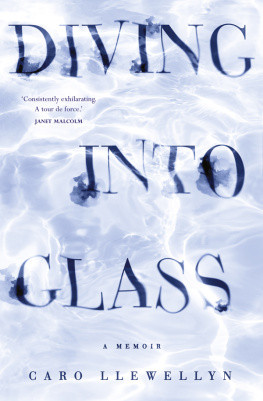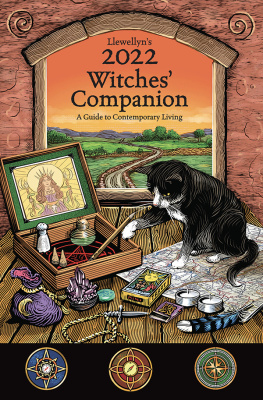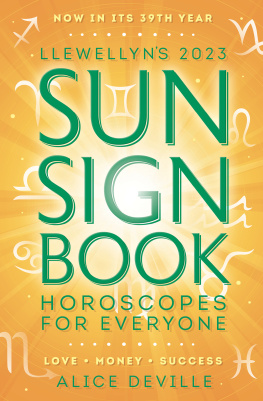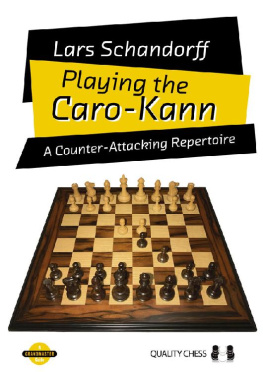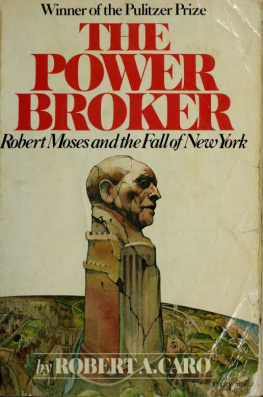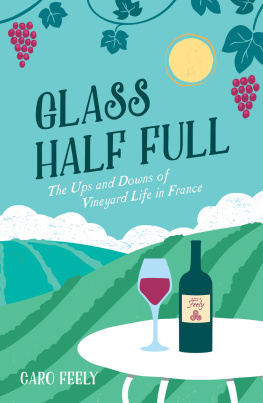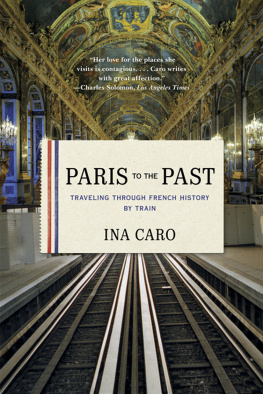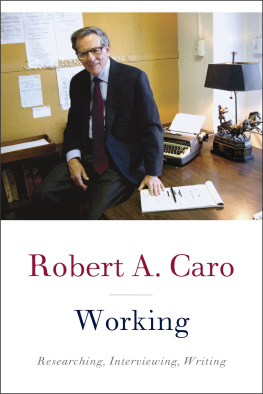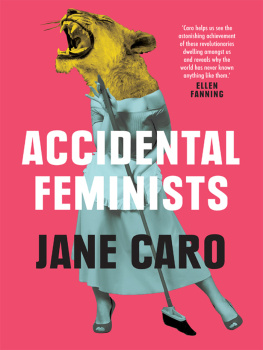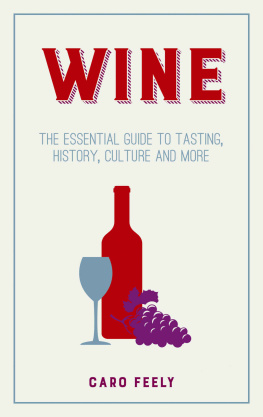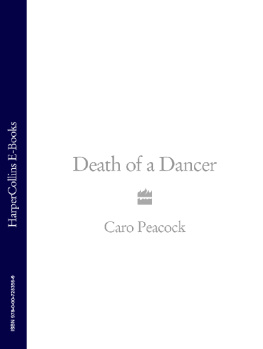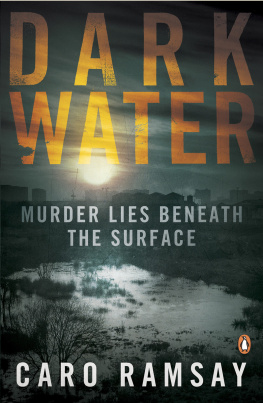About the Book
Caro Llewellyn was living her dream life in her adopted home of New York, directing an international literary festival. Then one day, running in Central Park, she lost all sensation in her legs. Two days later she was diagnosed with multiple sclerosis.
Caro was no stranger to tragedy. Her father Richard contracted polio at the age of twenty and spent the rest of his life in a wheelchair. Dignified, undaunted and ingenious, he was determined to make every day count, not least seducing his nurse while still confined to an iron lung, then marrying her.
But when Caro was herself blindsided by illness, cut loose from everything she depended on, she couldnt summon any of the grace and courage shed witnessed growing up. She was furious, toxic, humiliated. Only by looking back at her fathers extraordinary example was she able to rediscover her own grit and find a way forward, rebuilding her life shard by shard.
An emotionally brutal memoir of family, vulnerability and purpose, Diving into Glass is a searing, often funny portrait of the realities of disability and an intimate account of two lives filled with vigour and audacity.
Prologue
Shortly after my forty-fourth birthday, I was stopped in my tracks running in New Yorks Central Park.
Two days later, I wheeled a little overnight suitcase through the glass entrance of New YorkPresbyterian Hospital in Washington Heights. I gave my name to a nurse, who checked me in and wrapped a plastic name and date-of-birth tag around my wrist. Soon I was lying in a narrow bed, naked except for a hospital gown tied underneath me with loose knots, as a neurologist scrawled a terrifying assessment of my condition on a chart, hung it unceremoniously at the end of my bed and left the room.
There was no denying I had been delusional. Id lived my life like Lois Lane taking risks and embarking on any number of shady pursuits in the name of truth and adventure, convinced that, just like the comic-book heroine, I had a caped superhero hovering at the ready to save me at the first sign of danger.
Worse still was the realisation that my hovering superhero was the same person whod inspired my restlessness in the first place. My father always said, Im your fall guy. Hed taken a karmic hit big enough for the both of us and Id assumed counted on it, in fact that this meant Id skate through life unscathed.
It wasnt that I thought his pronouncement would get me through without heartbreak or the other upsets and disappointments that come upon a person. I knew Id have my share of those disasters. But I did believe, on the strength of my fathers say-so, that nothing physically would hurt me. His burden not that he ever saw or talked about it that way was heavy enough for the two of us. It wasnt anything I doubted or even thought about much.
From an early age, I very purposefully set out to do all the dancing my father could not. I made it my business to have adventures for two. I gave myself to fate and became well practised in turning around the ensuing chaos.
Id survived my fathers situation with humour and good cheer. Standing beside him in his wheelchair, I thought Id learned everything I could ever want or need to know about humiliation and ardour.
Given all that, I thought I would be prepared for what happened when disaster snuck up and grabbed me like a thug in a dark alley. Yet when my moment came, cutting me loose from everything I thought I could depend on, it was as if Id learned nothing at all. Grace was the very opposite of what I could conjure up.
But any gambler knows its rarely just about the cards you hold. My father was an ace up my sleeve, but that was all I had. The rest of it what was in my head was messed up.
When the doctor whod written on my chart came back to tell me I should consider moving into a home with no stairs, like the places Id grown up in with my father, I wanted to get up and king-hit him across the ward. He couldnt know what was in my future just because I was lying in a hospital bed unable to feel my legs.
After everything my father said about being my fall guy, everything Id seen him go through, there was no way a wheelchair could possibly be part of my life. Hed spoken. It was a given. I was invincible.
My father, Richard Dutton Llewellyn, was a twenty-year-old sailor when he was struck down by a debilitating fever. His temperature was so high, the ships captain put him into a tiny boat and ordered two of my fathers shipmates to row him to shore, a mile or so from where they were anchored off the coast of Adelaide. In the darkened spare room of his aunt Mollys home, in the quiet suburb of Fullarton, he convalesced.
My great-aunt Molly stood four-foot-ten, but what she lacked in height she made up for with understated grit. Molly had been a Red Cross nurse in World War II and, when my father fell ill, it was her diligent and intelligent care that brought him out of his delirium quicker than anyone expected.
One day, shortly after his temperature returned to normal, believing himself to be on the way to a full recovery, my father told his aunt he was leaving the house to run a short errand at the post office.
She warned him not to overexert himself and he said, Ill only be gone an hour.
The following morning he tried to reach for the glass of water on his nightstand. But nothing moved. Not his arms; not his legs. He couldnt lift his head from the pillow.
I cant move, he called out to Aunt Molly, who ran to his bedside. Though he later claimed he wasnt afraid, I knew Molly, and she wouldnt have run unless shed heard panic in his voice.
When Molly hooked her arms under the crook of his armpits and tried to hoist him into a sitting position, he was dead weight. Upright, he slumped like a rag doll and gasped for air. Whatever was happening was affecting his lungs, so Molly knew it was serious. She called an ambulance, which took him, sirens blaring, to the infectious diseases hospital.
By the time the orderlies hauled him onto a hospital bed, he was hardly breathing at all.
Incredibly, the key to the storeroom containing the hospitals mobile equipment, including respirators and iron lungs, was not to be found on its hook in the nurses station. After frantic searching, a phone call was made to the matron, whod overseen the night shift and had clocked out a few hours earlier.
The matron had lapsed in her own protocols and, after fetching something or other from the storeroom, put the key into her pocket and forgot about it until her home phone rang. Despite the emergency, she refused to return the key until her next shift, which was scheduled to begin later that day.
I always questioned my father about that part of the story. Its unimaginable that someone could be so monstrous, that a single person could have sealed my fathers fate through such a wilful neglect of duty, but he never budged. The matron had the key. The matron refused to bring it back.
As a consequence, my fathers life lay in the hands of a roster of nurses, doing whatever they could without the one thing they needed to keep him alive, a ventilator. Each time a lack of oxygen caused his eyes to roll back in his head, the nurses slapped his face and prised open his eyelids and shone a bright torch into his marine-blue eyes, pleading, Stay with us, over and over.

